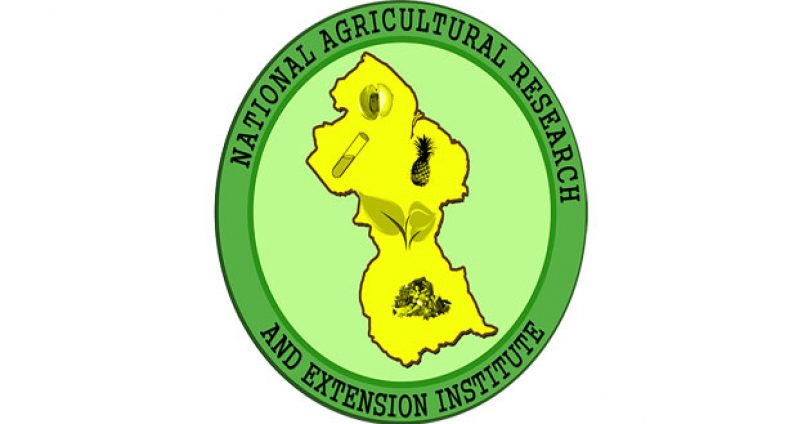SCIENTISTS attached to the National Agricultural Research and Extension Institute (NAREI) have confirmed that coconut trees in the Pomeroon in Region 2 (Pomeroon/Supenaam) are under attack from a pest that is suspected to be the dreaded red palm mite.The red palm mite pest, Raoiella indica, is considered a serious threat to coconut production, since trees cannot survive the attacks.
The Pomeroon is considered the largest coconut-producing area, not only in Guyana but in the entire Caribbean.
NAREI Director, Dr Oudho Homenauth said that a team of staffers from the institute visited the Lower Pomeroon and confirmed the infestation and the suspected source earlier this week.
Those team members along with other agricultural personnel are to return to the area early next week and remain on site to assist farmers, whose coconut production is being severely threatened by the pest.
The Red Palm Mite is a tiny red insect barely visible to the naked eye and feeds through the pores of the leaves of the coconut tree.
The mite damages guard cells in the leaf, resulting in uncontrollable water loss from the plant. Leaves yellow, then turn brown and will eventually die.
Without healthy leaves, the trees cannot produce healthy nuts.
Earlier this week, farmers on the Lower Pomeroon had reported damage to several coconut trees on their farms, due to what they referred to as “coconut lice.”
They reported that the pest had killed a large number of trees.
Coconut farmers in the Pomeroon have recently been obtaining increased incomes from their coconuts, due to a growing demand for coconut water locally and regionally, Trinidad being a major customer for exports of fresh coconut water.
They recently exported some 30,000 litres of coconut water from the Pomeroon to that twin-island republic.
As such, the pest is a serious source of concern.
Like most other plant-feeding mites, the red palm mite species disperses on the wind.
NAREI is calling on farmers to go on high alert and to provide any suspected damage from Red Palm Mites or provide mite specimens to the National Plant Protection Organisation or local extension agent or agriculture office.
Coconut farmers countrywide are advised to contact NAREI and/or National Plant Protection Organisation (NPPO) Mon Repos, East Coast Demerara; Tel: 220-5858, 220-2456, 220-2075.
Email: nppogy@gmail.com for more information



.jpg)











